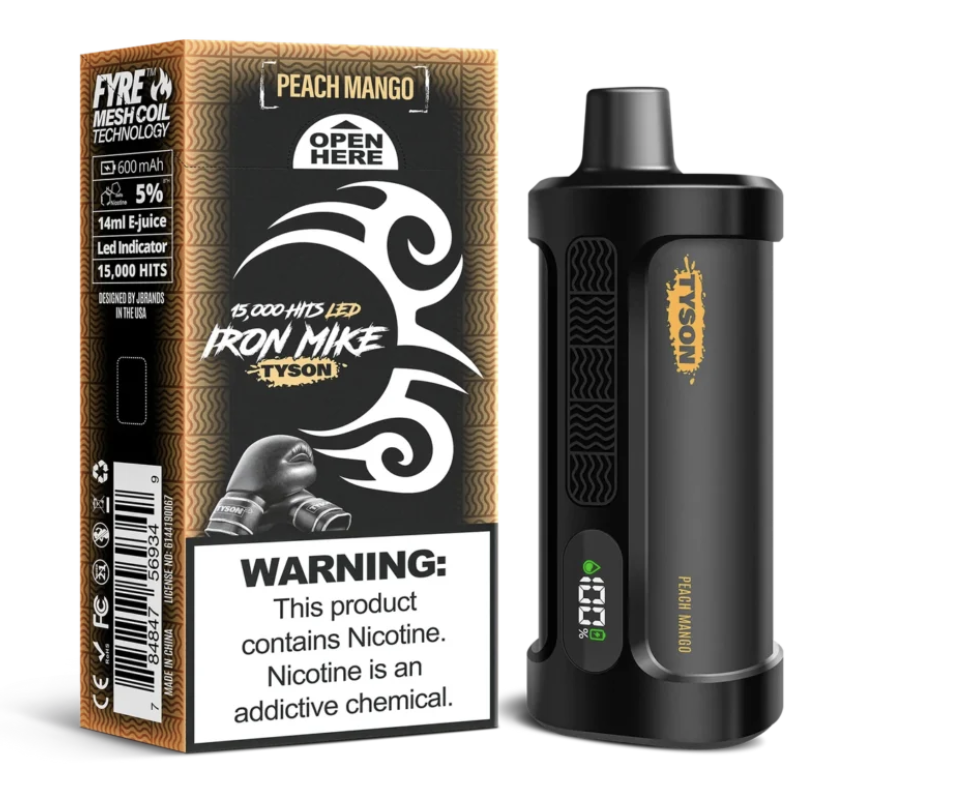Homeowners insurance covers not only your house but also other parts of your property. If lightning strikes your shed or a blizzard takes out part of your fence, the other structures coverage in your policy can help pay for the damage.
What is other structures coverage?
Other structures coverage pays for damage to structures on your property that aren’t attached to your house. (The house falls under your dwelling insurance.) This could include the following types of structures:
Fence.
Detached garage.
Shed.
Gazebo.
Guesthouse.
Driveway.
Dock.
Other structures insurance may also cover a swimming pool, but it’s worth checking with your insurer. Some companies include an in-ground pool under dwelling coverage instead of other structures, especially if it’s attached to your home by a walkway or enclosure. If you have a portable above-ground pool that you could take with you to another home, it might fall under personal property coverage.
Why does it matter? Because replacing a damaged pool can be expensive, you’ll want to make sure the appropriate section of your policy has a limit high enough to cover it.
Other structures coverage pays only for the damaged structures themselves — not for anything stored within them. Say your shed catches fire and everything inside it is destroyed, including a bunch of tools and gardening supplies. Other structures coverage would pay to rebuild the shed, but your personal property insurance would cover the items inside.
» MORE: 6 homeowners insurance terms you need to know
Is other structures coverage required?
You’re not legally required to buy other structures coverage. However, most mortgage lenders require borrowers to have homeowners insurance, which almost always includes other structures coverage.
If your mortgage is paid off or you’re paying cash for your home, you could go without homeowners insurance. But doing so may not be worth the risk if you don’t have the financial resources to rebuild your home after a disaster.
What does other structures insurance cover?
The other structures on your property are generally covered for the same disasters that your house is, including fire, hail, wind and vandalism. Most homeowners policies cover your house and other structures on an “open perils” basis, meaning that as long as your policy doesn't specifically exclude a given problem, it’s covered.
In rare cases, your homeowners policy may cover other structures on a “named perils” basis instead, meaning your policy will cover only disasters it specifically lists. These generally include:
Fire or lightning.
Windstorm or hail.
Explosion.
Riot or civil commotion.
Smoke.
Vandalism or malicious mischief.
Theft.
Volcanic eruption.
A falling object.
The weight of ice, snow or sleet.
Accidental discharge of water or steam.
Sudden and accidental tearing apart, cracking, burning or bulging.
Freezing of certain household systems or appliances.
Certain sudden, accidental damage from artificially generated electric currents.
Damage caused by vehicles or aircraft.
Not sure which type of homeowners policy you have? Check with your agent, or call your insurer.
» MORE: What does homeowners insurance cover?
What does other structures insurance not cover?
Most homeowners policies have a detailed list of things they won’t cover. Here are a few of the most common.
Flooding
If heavy rain or an overflowing river sends water seeping into your shed, a standard homeowners policy won't cover the damage. Homeowners in at-risk areas should look into flood insurance, which is available through the federal government and private insurers. Note that federal coverage for other structures may be limited.
Earthquakes and other earth movement
Most homeowners policies rule out coverage for various types of “earth movement” such as earthquakes, sinkholes, landslides and mudslides. You may be able to buy extra coverage for these disasters.
Structures used for business
If you use your shed primarily to store equipment for your landscaping company or you run a small shop out of your guesthouse, your homeowners policy likely won't cover those structures. Instead, you may need business insurance.
Routine wear and tear
Insurance is designed as a financial safety net for sudden, accidental problems — not to cover standard home maintenance. So it’s unlikely to help if your aging fence starts rotting or the shingles on your detached garage wear out.
Infestations
Insurers consider preventing damage by termites, mice and other pests to be part of routine maintenance, so your policy generally won’t pay to clean up infestations.





